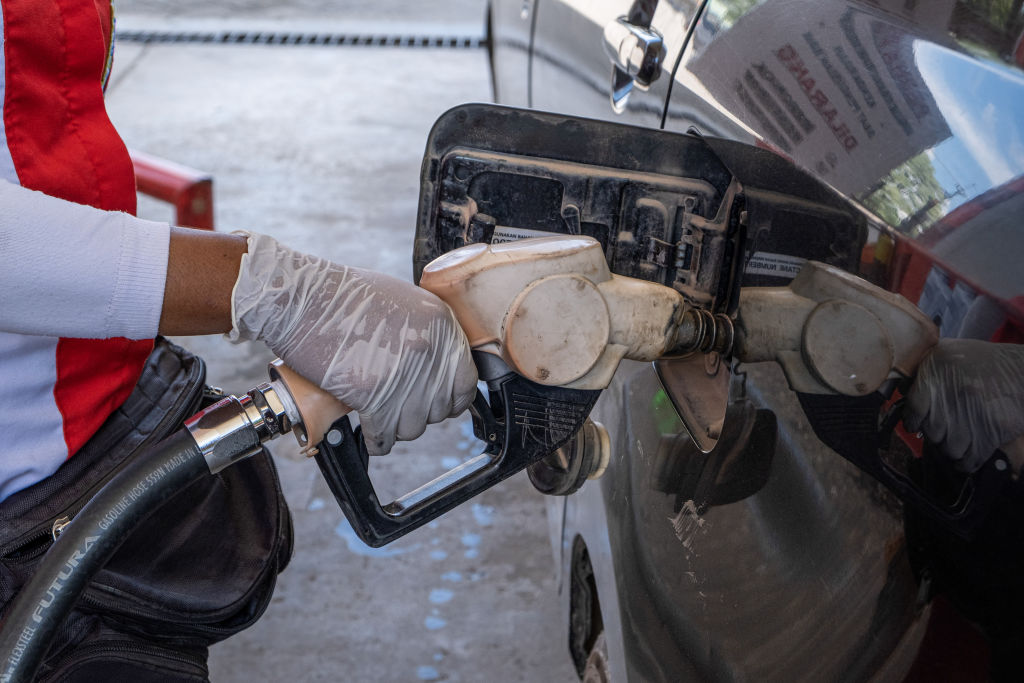The Joint Ministerial Monitoring Committee (JMMC) voted on Wednesday to recommend OPEC + cut oil production by approximately two million barrels per day. Shortly after, OPEC followed this advice at the meeting in Vienna today, Wednesday, October 5; this means a global shortfall of up to four million barrels per day that could prove a decisive factor in the upcoming US congressional elections.
OPEC and Non-OPEC Participating Countries agreed to “Adjust downward the overall production by 2 mb/d, from the August 2022 required production levels, starting November 2022 for OPEC and Non-OPEC Participating Countries.”

(Photo by Andry Denisah/SOPA Images/LightRocket via Getty Images)
As well as a significant increase in the cost at the pump, the decision could also make economic sanctions against Russia much harder to enforce. OPEC’s de facto leader, Saudi Arabia, has been closely cooperating with the Kremlin and has agreed to extend current agreements beyond the end of the year. “To the extent that prices rise, it will make it that much more challenging for Europe to proceed with its sanctions on Russian oil in December,” said Bhushan Bahree, an executive director of S&P Global Commodity Insights.
This presents challenges on two fronts for the Biden administration. First, how to deal with rising gas prices domestically. So far, the president has been relying on the Strategic Petroleum Reserve (SPR) to maintain both supply inside America and to some extent, foreign supply. Should the OPEC cut go ahead, it is likely that the president will have to fend off attacks regarding why the United States is no longer energy independent as it was for some time under former President Donald Trump. The other issue at hand is that European energy requirements could be under threat, making Biden’s promise to supply the shortfall while US sanctions limit Russian purchases impossible to keep.
A Liberty Nation’s Leesa K. Donner recently highlighted, Gallup polling suggests that economic woes are the top of the list for voters in the November elections. Should fiscal worries be exacerbated by the happenings at the Vienna conference, the Democrats would have a hard time trying to maintain a majority in either chamber of Congress.




